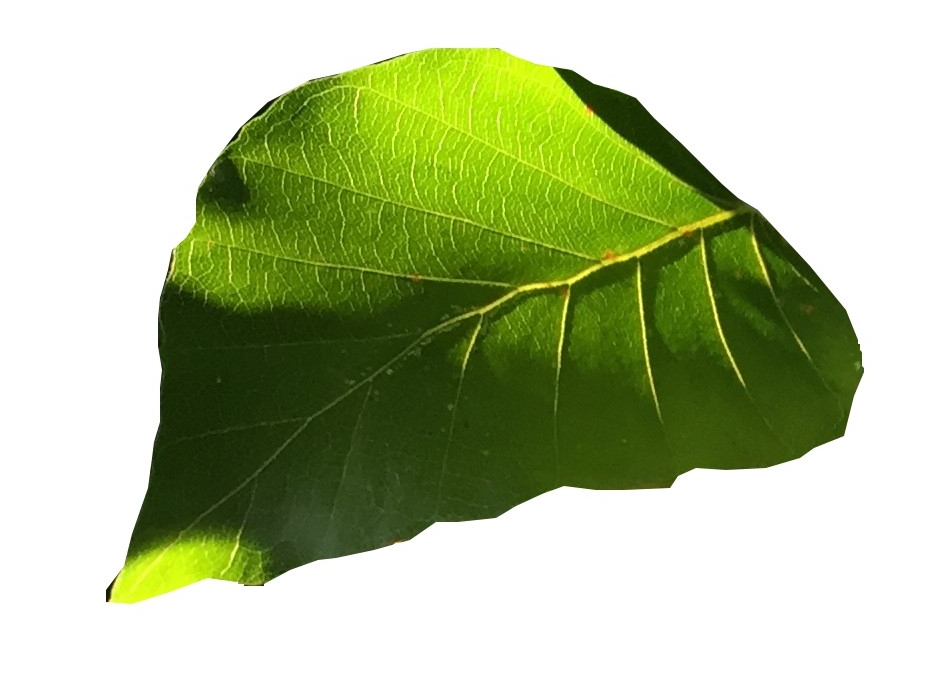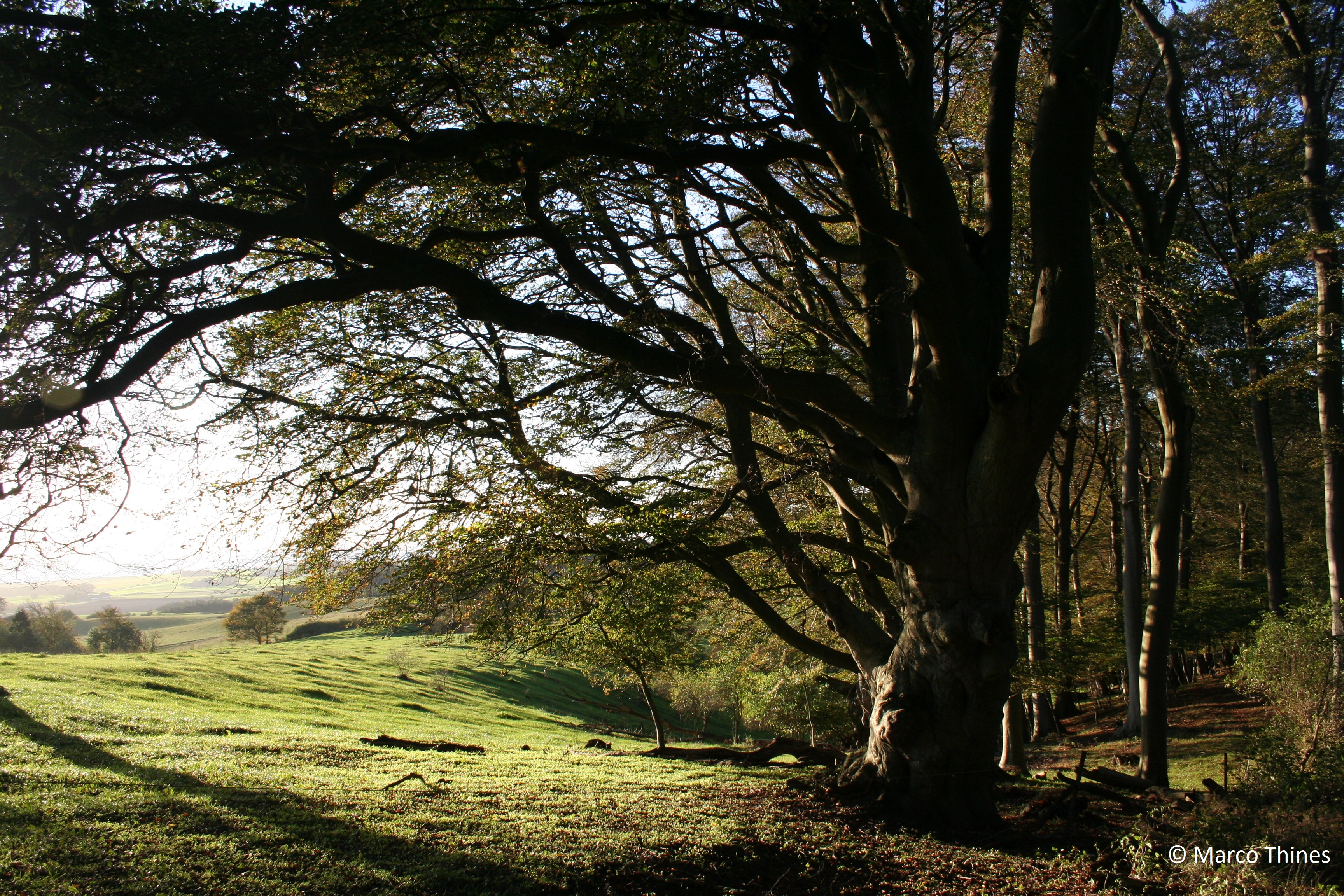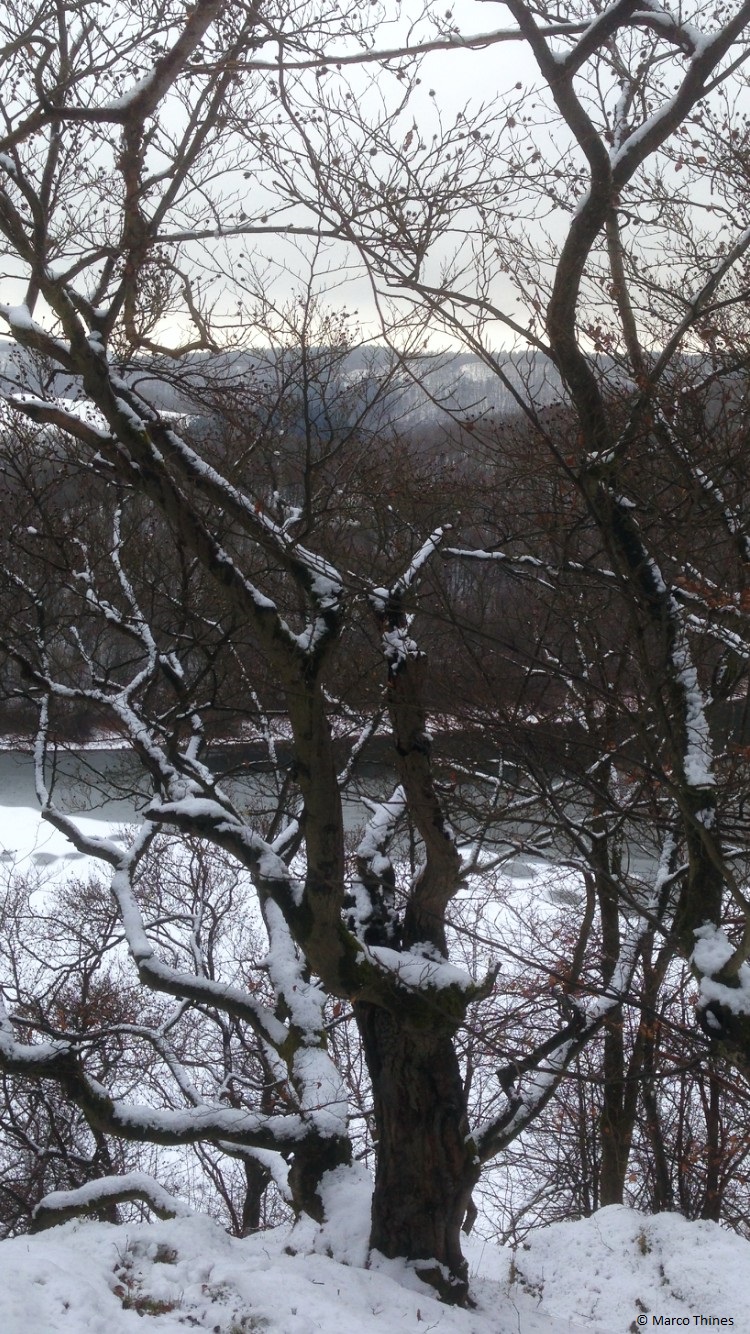
Fagus sylvatica (European Beech) genome resource
 | Fagus sylvatica (European Beech) genome resource |
The European Beech (Fagus sylvatica) is the dominant climax tree species in Central Europe. It is a deciduous tree growing up to 50 m tall, planted widely throughout Europe for its valuable wood. The European Beech is found in the lowlands in Northern and Central Europe, but reaches up to more than 2000 m in the mountain ranges of Southern Europe. The European Beech is shade tolerant and shaded seedlings may hardly grow for decades until enough light becomes available, upon which they can grow up to 5 m per decade in their youth. European Beech can reach an age of more than 500 years and provide habitat for numerous fungi, insects and birds. The European Beech is wind pollinated, with male and female flowers appearing on the same individual before growing leaves in spring. The fruits of beech are the food of a variety of animals including various small to mid-sized mammals and are also edible to humans.
Here, the genome resource for the European Beech is provided. Bud samples of the sequenced specimen (Bhaga) were taken from a stand never managed in terms of forestry of the National Park Kellerwald Edersee, from an individual estimated to be more than 300 years old, to avoid influence from modern forestry. Genomic DNA was sequenced using Hi-C, SMRT and illumina sequencing. RNA samples from the same batch were used for transcriptome sequencing, both enriched for mRNA and ribosome-depleted RNA without mRNA pre-selection. version 1.2 (Scaffold level assembly) Mishra B, Gupta DK, Pfenninger M, et al. A reference genome of the European beech (Fagus sylvatica L.). Gigascience. 2018;7(6):giy063. doi:10.1093/gigascience/giy063 Version 2 (Chromosome level assembly) Mishra B, Ulaszewski B, Meger J, et al. A Chromosome-Level Genome Assembly of the European Beech (Fagus sylvatica) Reveals Anomalies for Organelle DNA Integration, Repeat Content and Distribution of SNPs. Front. Genet., 08 February 2022 doi:10.3389/fgene.2021.691058 Please contact Prof. Dr. Marco Thines (m.thines@thines-lab.eu or marco.thines@senckenberg.de) for any further information and/or collaboration.  |

|